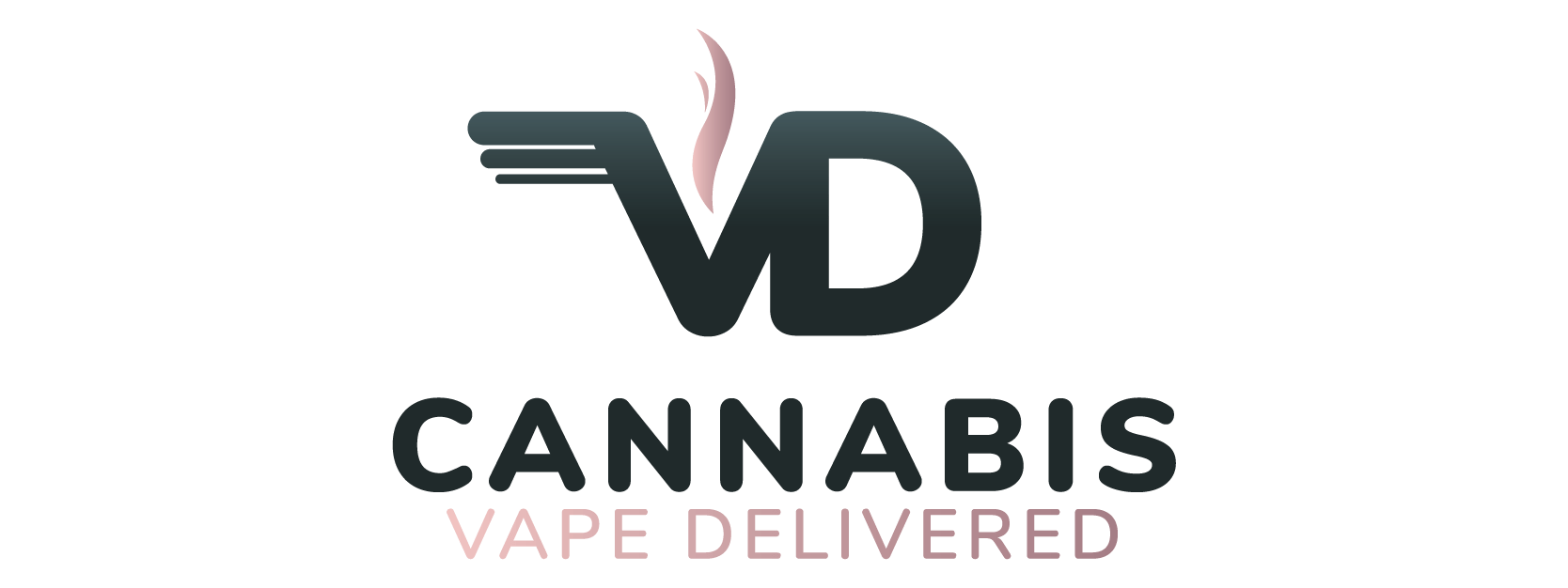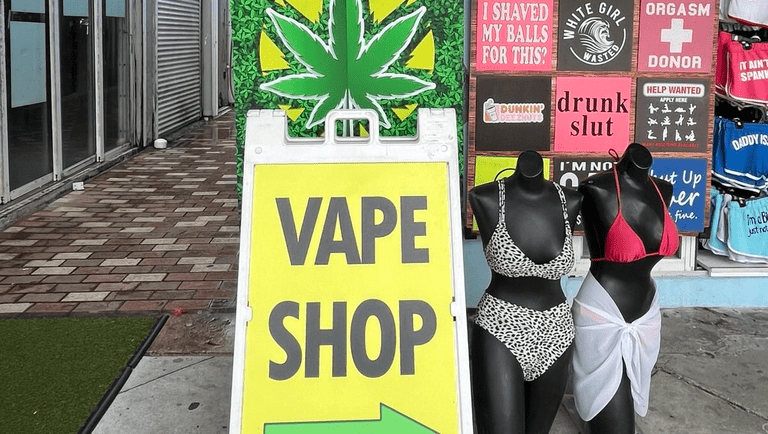In the rapidly evolving cannabis and vape markets, consumers may encounter products sold outside regulated channels, often at lower prices or with appealing marketing tactics. However, purchasing vape products from unlicensed sellers carries significant legal risks for both buyers and sellers—risks that many consumers underestimate until it’s too late.
Understanding the Legal Landscape
Across the United States, cannabis and nicotine vape products are subject to a patchwork of state and federal regulations. In states where cannabis is legal, products must be purchased from licensed dispensaries or retailers that comply with strict testing, labeling, and packaging standards. Even in states with legalized recreational or medical cannabis, selling vape products without a license remains a crime. Under federal law, selling or distributing THC-containing vapes is illegal outside state-regulated frameworks, and buying from unlicensed sources can lead to criminal charges.
For nicotine vapes, the Prevent All Cigarette Trafficking (PACT) Act requires sellers to comply with tax, licensing, and shipping rules. Buyers receiving vape products from unlicensed or out-of-state sellers violating PACT requirements could face civil penalties or seizure of packages by customs or postal inspectors.
Consequences for Buyers
Purchasing vape products from unlicensed sellers may seem harmless, but it can result in serious legal consequences for buyers. Depending on the state and circumstances, penalties can include:
- Fines and Citations: Buyers caught with products traced to illicit sources can face fines starting at a few hundred dollars and climbing into the thousands, especially in jurisdictions with strict cannabis enforcement.
- Misdemeanor or Felony Charges: In some states, knowingly buying controlled substances from unlicensed sources can result in misdemeanor charges. Repeat offenses or large purchases could escalate to felony charges, bringing potential jail time.
- Probation or Community Service: Courts may assign probation, mandatory education courses, or community service for buyers convicted of buying illegal vape products.
- Loss of Driving Privileges: Certain states impose driver’s license suspensions for drug-related offenses, even for purchasing from unlicensed sources.
Health and Safety Risks
Beyond legal penalties, unlicensed vape products often bypass required testing for contaminants such as heavy metals, pesticides, or residual solvents. These products can contain unsafe additives or cutting agents like vitamin E acetate, which has been linked to serious lung injuries. Buyers risk exposing themselves to counterfeit or adulterated cartridges with unpredictable potency or toxic substances.
Law Enforcement and Tracking
Authorities use techniques such as undercover purchases, social media monitoring, and shipping data to track illicit sellers—and occasionally, buyers. Payment records, delivery addresses, and communications with unlicensed sellers can become evidence in investigations, making consumers vulnerable to prosecution even if they believe their purchases are private.
How to Stay Compliant
Consumers can protect themselves by:
- Always purchasing vape products from licensed dispensaries or retailers, either in person or via licensed delivery services.
- Checking the seller’s license number with state cannabis or tobacco regulatory agencies.
- Verifying lab results and packaging labels to confirm authenticity and compliance.
- Avoiding online marketplaces or social media sellers that do not clearly show proof of licensing.
Conclusion
Buying vape products from unlicensed sellers might seem convenient or cost-effective, but the legal penalties—and the health risks—far outweigh any short-term savings. By understanding the rules and committing to licensed sources, consumers can stay safe, legal, and confident in the quality of their vape products.

